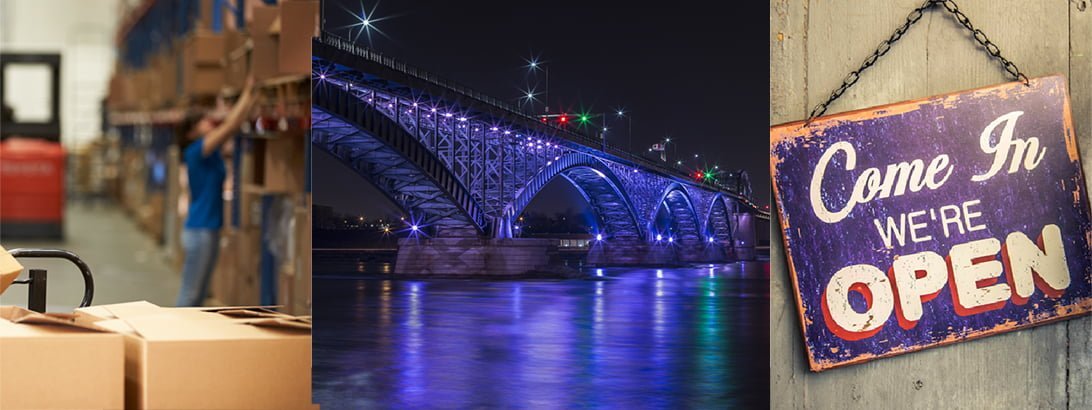 There is no shortage of issues to contemplate as we head to the polls on Oct. 19.
There is no shortage of issues to contemplate as we head to the polls on Oct. 19.
One of the most pressing, however, is the economy. But what does that mean?
For Niagara businesses recently surveyed by the Greater Niagara Chamber of Commerce, it means creating jobs; improving our infrastructure; making the manufacturing sector, particularly small- and mid-sized companies a priority for investment and growth; and boosting tourism marketing efforts.
Every one of these issues is interconnected.
Nearly 90 per cent of businesses in Niagara identified job creation as their most important issue in this federal election.
There is no single solution to grant the wish of more jobs. It will take a combination of actions by the newly elected federal government to provide an environment for the private sector to change Niagara’s fortunes, starting with improving local infrastructure.
Often, maintaining and improving the aging infrastructure of our roads, bridges and railways exceeds municipal budgets. Allocating more money for infrastructure maintenance and upgrades every year would improve the quality of life in Niagara, allow for improved labour mobility, boost the productivity of our economy and have a substantial impact on employment.
Speaking of jobs, manufacturing is still a key driver of Niagara’s economy.
In Ontario, this sector directly employs 800,000 citizens, generates $3.50 in economic spinoffs for every dollar in manufacturing output and is a key driver of research and innovation across the province.
Niagara businesses know this, which is why nearly half of those surveyed identified manufacturing as a sector that must be a priority for the next federal government.
We need to create conditions for the growth in this sector and others by facilitating greater connectivity between local companies and other markets.
We need to ensure companies have access to skilled labour with the knowledge and ability to help their companies grow. We need to focus efforts on eliminating restrictions on internal trade and labour mobility within Canada.
We need a reciprocal market access strategy that addresses tariff and non-tariff barriers such as regulations, product/workplace standards and intellectual property in future Canadian trade agreements.
Finally, we need to keep Niagara on the map as a travel destination.
When opportunities are lost to market Niagara to travellers, so are millions of tourist dollars that could be spent and invested in the Niagara economy.
The ripple effect of this is significant. Tourists who come to Niagara are building a personal connection with the region and that influences future decisions to invest in and trade with our businesses. Our reputation internationally is affected by every visitor who comes here — and every one that doesn’t.
As such, increased investments in tourism marketing are critical to sustain and grow this industry and Niagara’s economy.
The election campaign will have run 11 weeks by the time we get to vote. That has given the opportunity for many issues to arise that demand our attention and consideration.
It’s up to each of us to determine what is most pressing.
Most important, it’s up to us take action.
The best way to do that is to cast a ballot and for our elected representatives to focus on issues that matter to Niagarans.
Mishka Balsom is CEO and president of Greater Niagara Chamber of Commerce.



